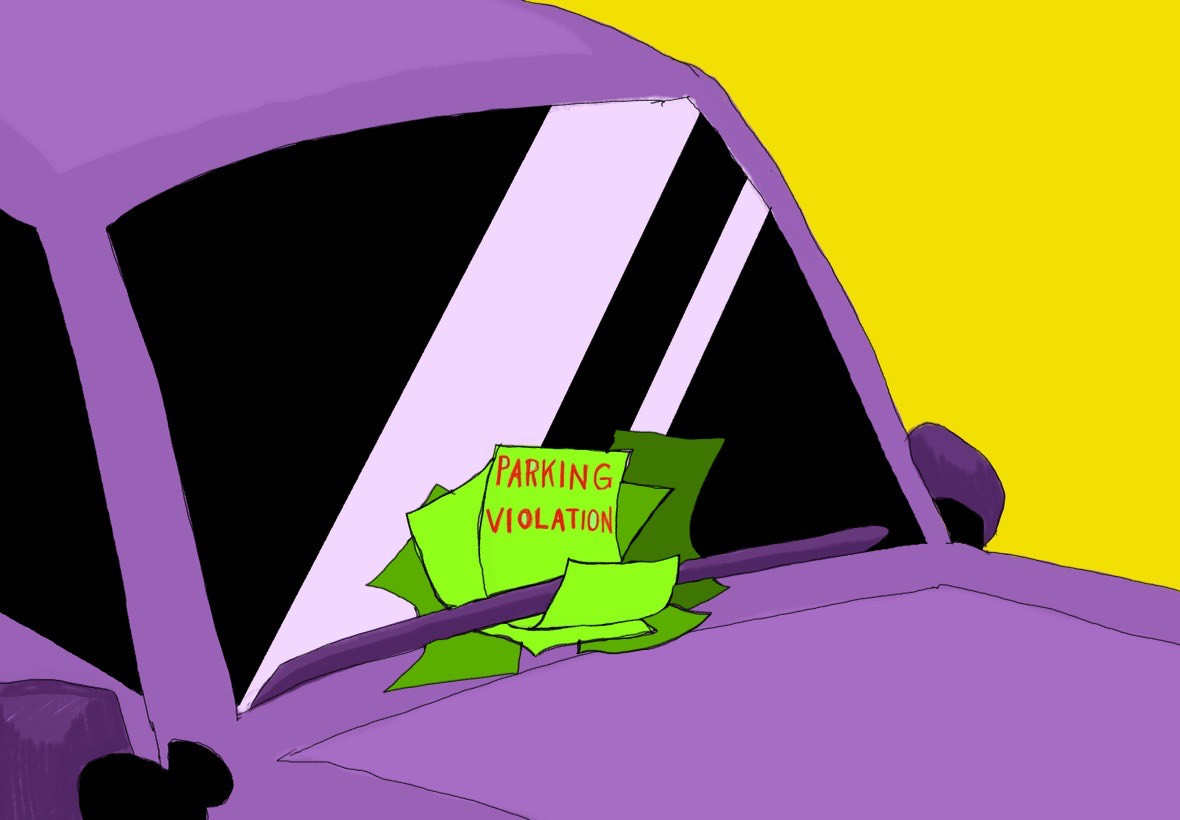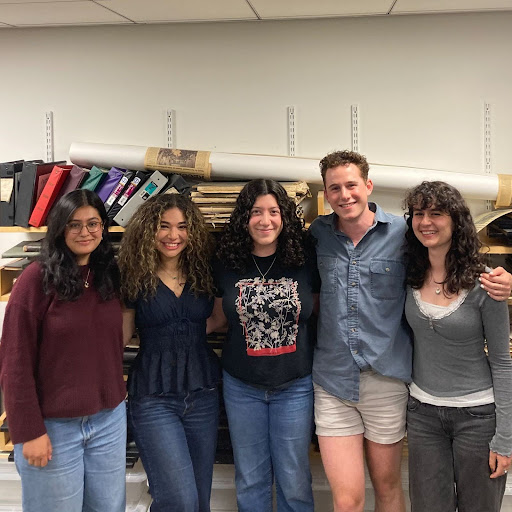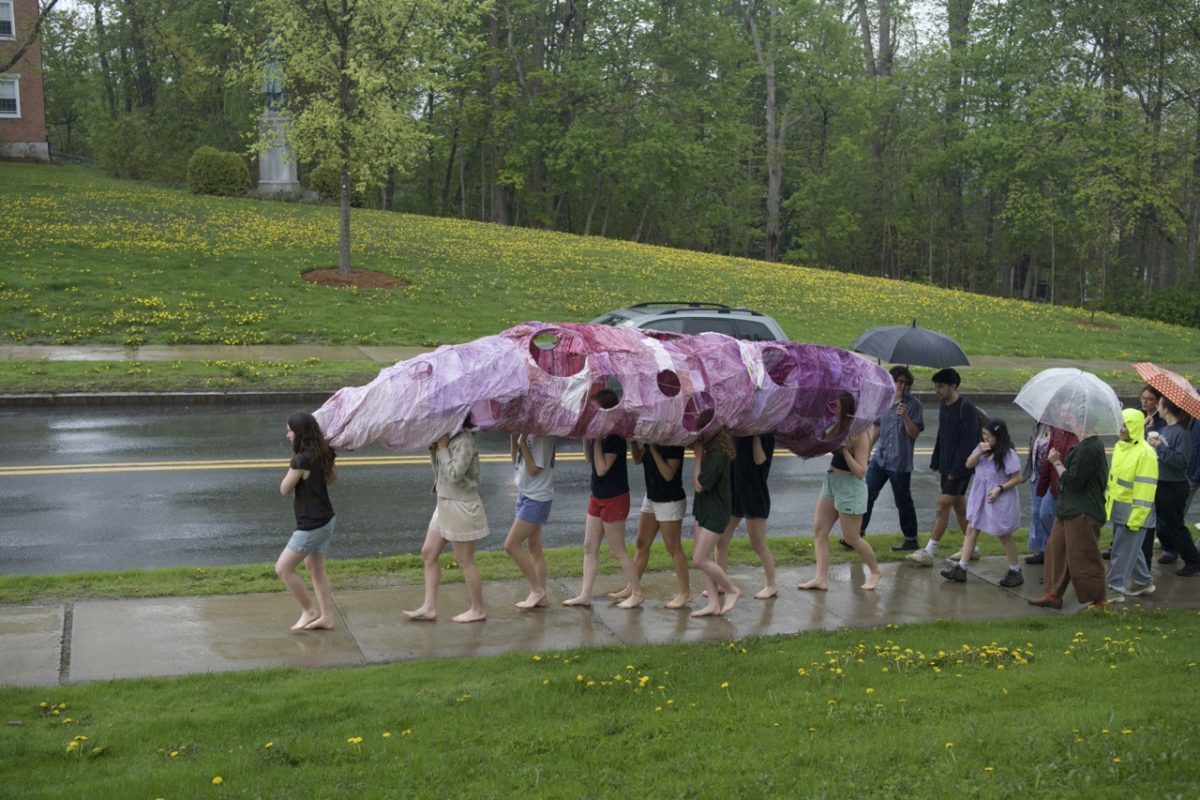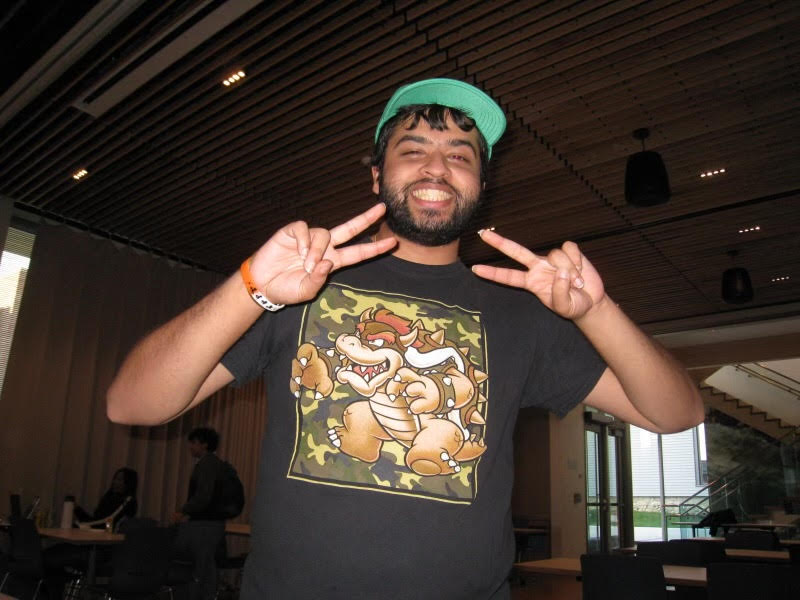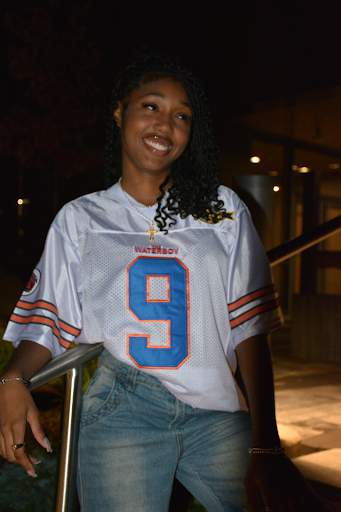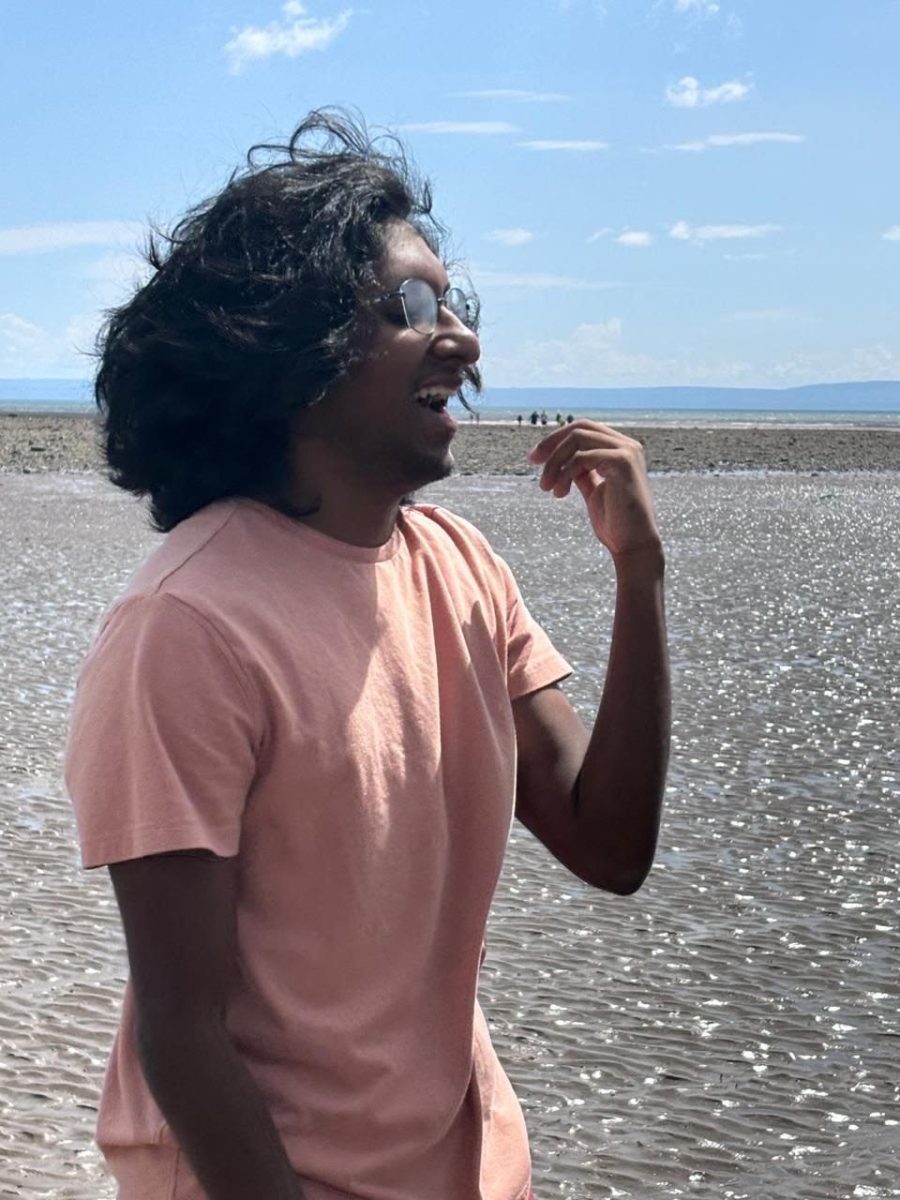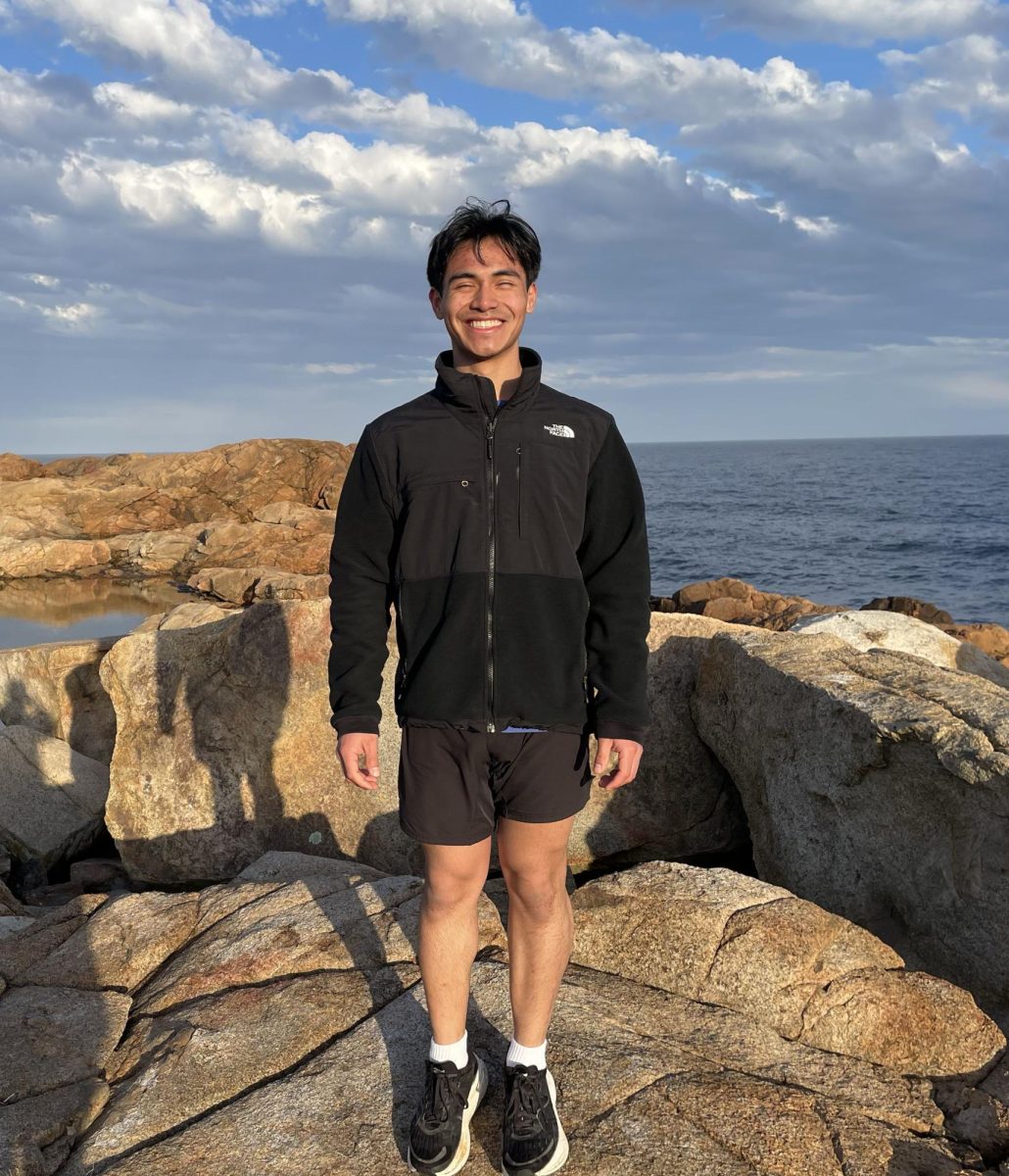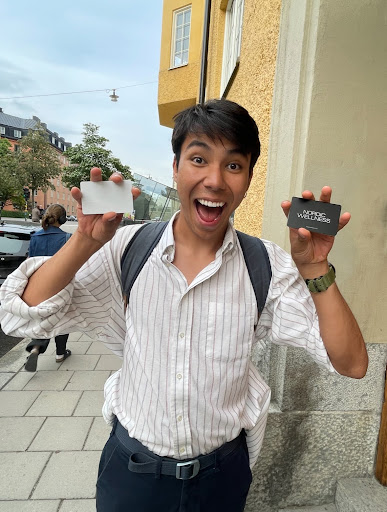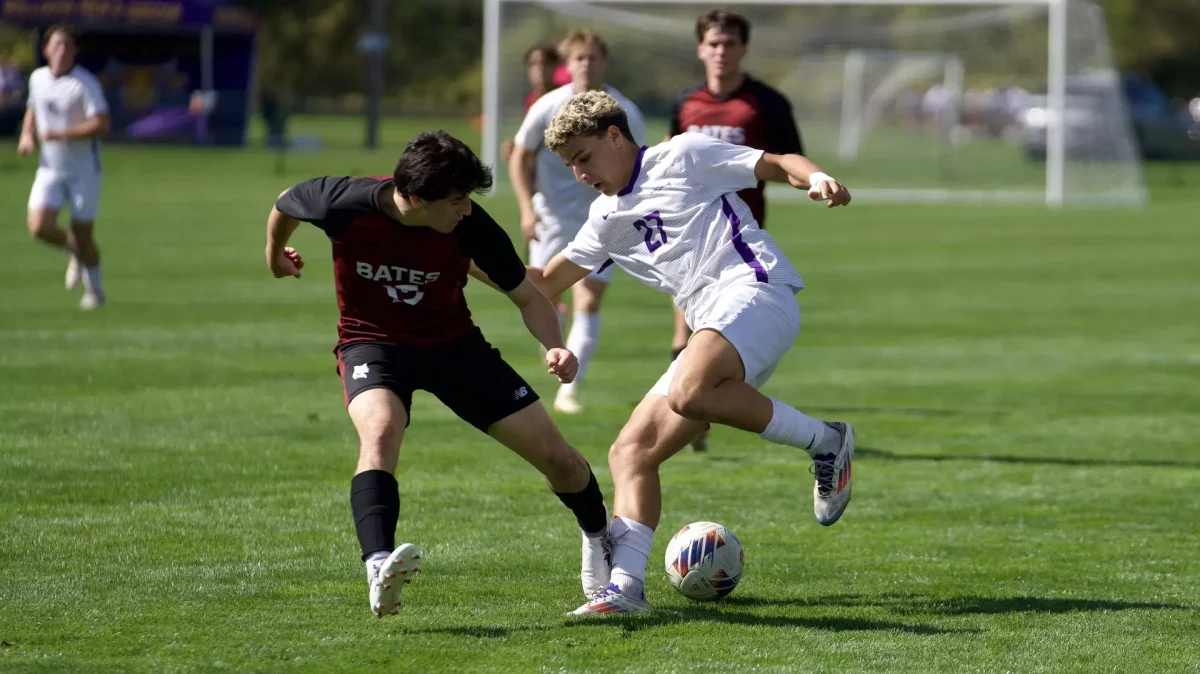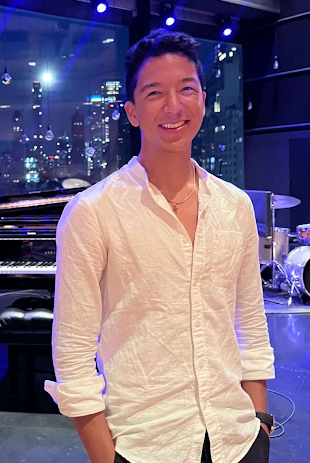
Each week, the Record (using a script in R) randomly selects a student at the College for our One in Two Thousand feature, excluding current Record board members. This week, Elias Devadoss ’25 discussed life as a member of the Springstreeters, how he creates his outfits, and his affinity for poker. This interview has been edited for length and clarity.
Juno Pelczar (JP): You’re from San Diego.
Elias Devadoss (ED): Correct.
JP: I definitely stalked you on WSO.
ED: Not hard to find out.
JP: But further stalking revealed that you spent time in Williamstown when you were younger. Is that true?
ED: How did you find this out? Yes, yes, it is true. My dad was a math professor here, so I lived here until 2015, then moved to California.
JP: How was it to come back to where you grew up for college?
ED: Honestly, it’s not as weird as I expected. It feels like it’s somewhat of a homecoming. [It’s] comfortable to be back and know a lot of families in the area, but I was also gone long enough that it doesn’t feel like I just have been stuck in this place. And now San Diego feels like home as well.
JP: What’s changed?
ED: The biggest change, honestly, was [that] my dad as a math professor taught in Bronfman [Science Center], and I would always go visit him at work. That building doesn’t exist anymore.
JP: Oh, where was it?
ED: It was where Wachenheim is. I spent a couple hours looking for it. Could not find it. [Laughs.] Other than that, nothing really.
JP: You’re in the Springstreeters. How has that shaped your time here?
ED: I joined at the beginning of my freshman year. I got very gently peer pressured by three different people into auditioning. In terms of shaping my experience, it’s mostly in ways I don’t notice, but, for example, five of my closest friends are all from the Springstreeters. It’s a great group of guys — a very wholesome environment.
JP: It’s the only — wait no, it’s not the only all-male [and nonbinary a cappella group] —
ED: It’s one of two. If you printed “only,” I wouldn’t be mad, though. [Laughs.]
JP: Do you feel like the dynamic is different because it’s an all-male and nonbinary group, compared to a mixed[-gender] group?
ED: I think it definitely changes it. It allows it to be a space where people feel more comfortable expressing their masculinity in different ways and also where we can learn from each other [about] what it means to comfortably express [our masculinity] in ways that are not toxic and bad. But yeah, I think it definitely changes the dynamics, and I think that’s part of what attracts people to the group.
JP: Besides your rivalry with the other — unnamed — all-male and nonbinary a cappella group, are there any traditions that you can share with us?
ED: Oh, I don’t actually know what I’m allowed to share. But we do a lot of things that are fun for the group. [Pauses.] We have a Mountain Day tradition of going to Chef’s Hat. I can divulge that.
JP: Okay, I’ll take what I can get. And someone on the Streeters said that I should ask what you want to do after you graduate.
ED: [Laughs.] Me and another Streeter, Peter Miles [’24] — both of us are extremely interested in pursuing music as a career post-college. We don’t necessarily know which city we’ll end up in, but wherever we end up, we’ll try and start a band there and take that as far as we’re able to.
JP: I also know that you were planning on taking [“Jazz Theory & Improvisation I”], but that didn’t happen because you’re going abroad next semester. Do you have any advice for first-years and sophomores planning their classes and their study abroad?
ED: Good question. If you know that [a class] is only [available every] couple years, then it’s nice to get those out of the way. It’s usually not a huge worry unless you’re double-majoring. Then, you’ve got to just bang out as many classes as you can, so when you go abroad you can finish everything you need to do. As a single major — which I believe is the better way to go — there’s not that much worry.
JP: Interesting take. You think a single major is the way to go?
ED: Oh, absolutely. I think — well, this is my dad’s philosophy that I’m adopting — but generally, people’s majors are not a huge influence on what kind of jobs they end up in. They’re more just a structure. You learn something that has been curated that someone intentionally thought out. You get breadth and depth in that field. But you can take all the classes you want without needing to major. And if you’re interviewing for a job, they can still see that you have the knowledge and experience [from those classes]. It’s much freer, and if you’re at a liberal arts college where the idea is to have this breadth across disciplines, then it allows you to do that.
JP: Someone else suggested that I ask about your sense of style. Where does it come from?
ED: I haven’t put that much thought into my sense of style. If I’m out thrift-shopping and I see clothes I like, I’ll get them. Or I get a bunch of hand-me-downs from my uncle. But I guess the one thing that I do pay attention to is my shoes. Often in the morning I take a quick shower, I’ll pick a pair of shoes I want to wear, I’ll pick a top that goes with that, and whatever color pants work with that. Then, if the outfit requires gold jewelry, I’ll switch — but typically I’m a silver jewelry person.
JP: Okay. I have just one last question: Would you like to comment on your relationship with poker?
ED: [Laughs.] Sure, I would love to comment. I think poker is a game where you can exercise both intellect and the ability to read people, both of which are extremely interesting to me. So, I find the game fascinating. It’s also interesting to [both] play with people that you know extremely well and people that you don’t know at all and just try to understand more about them through how they play. I enjoy playing with my friends, and I have gotten them to a point where they all are now addicted as well. So yes, I believe I’ve played quite a bit over the past semester.
JP: Want to put some hours on that?
ED: No. No hours need to be specified.




